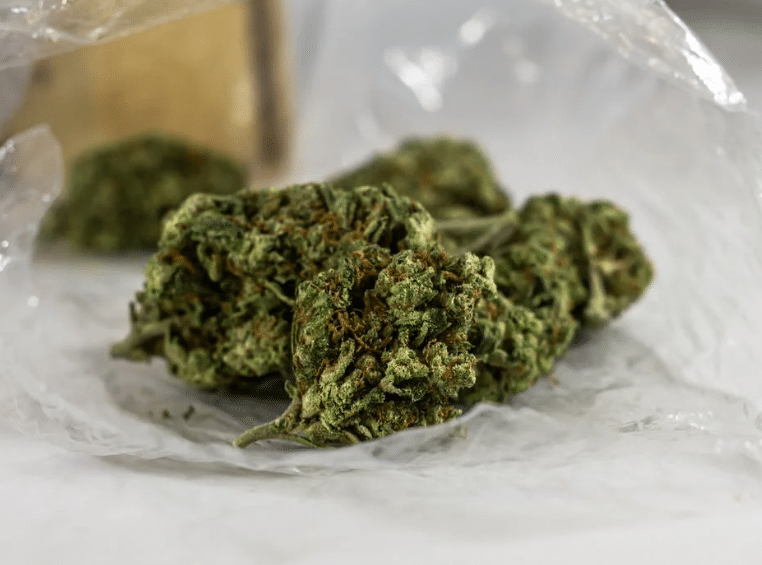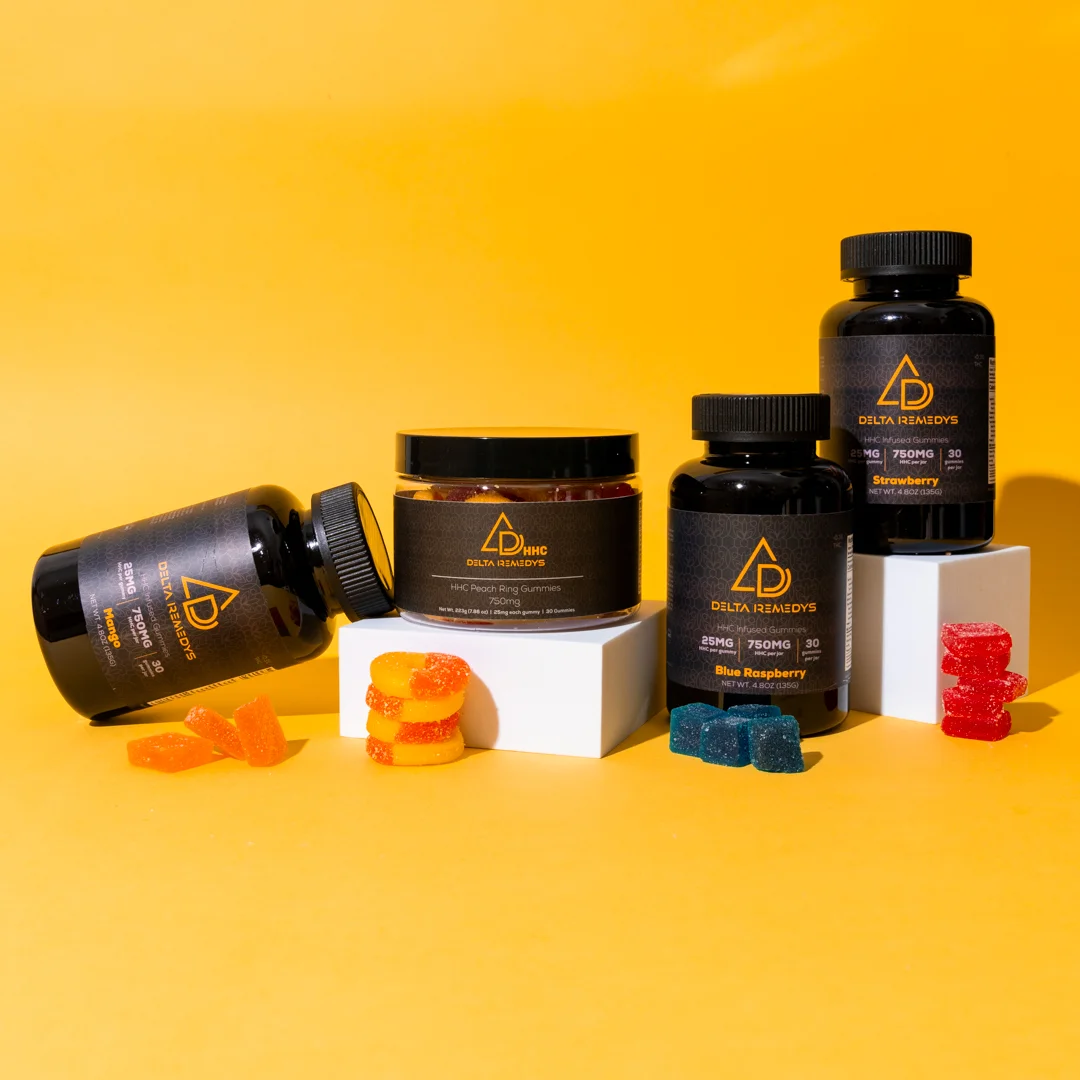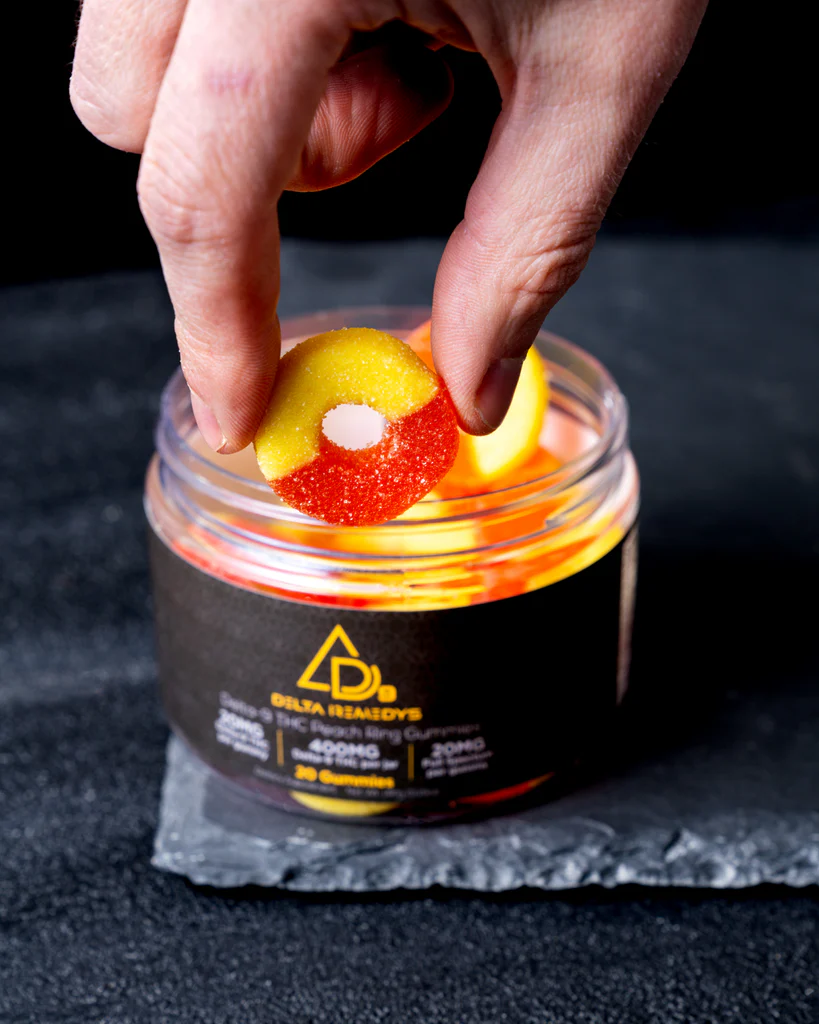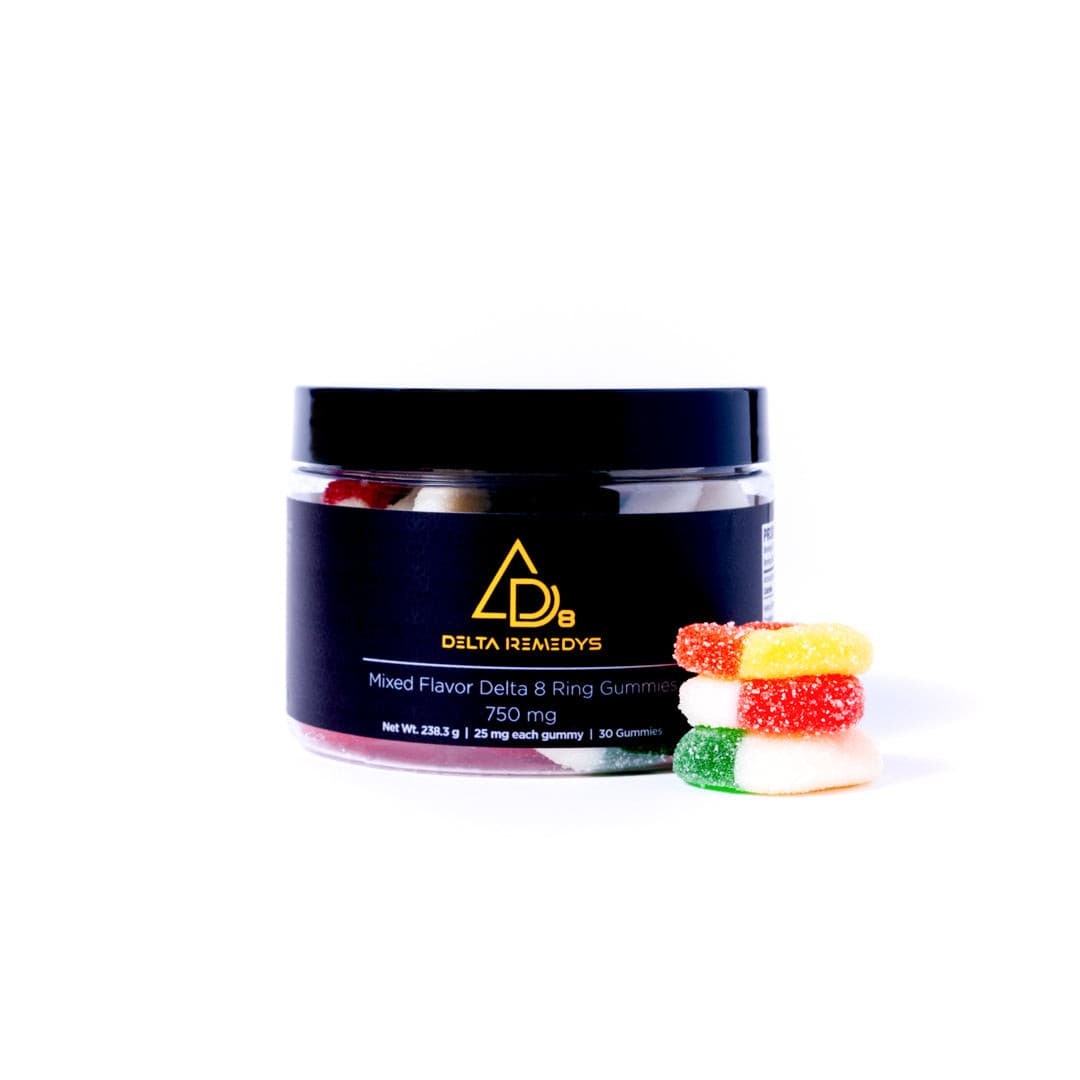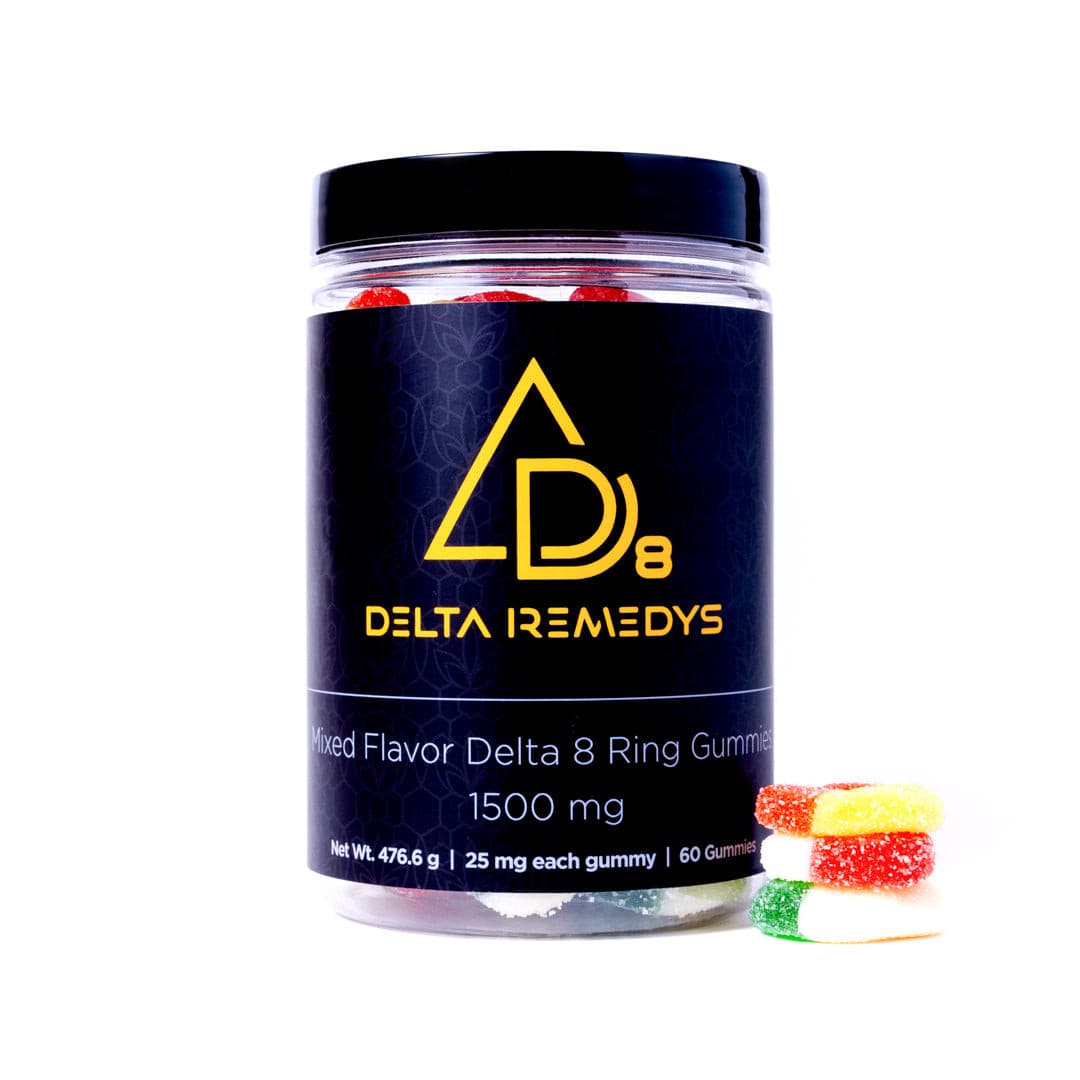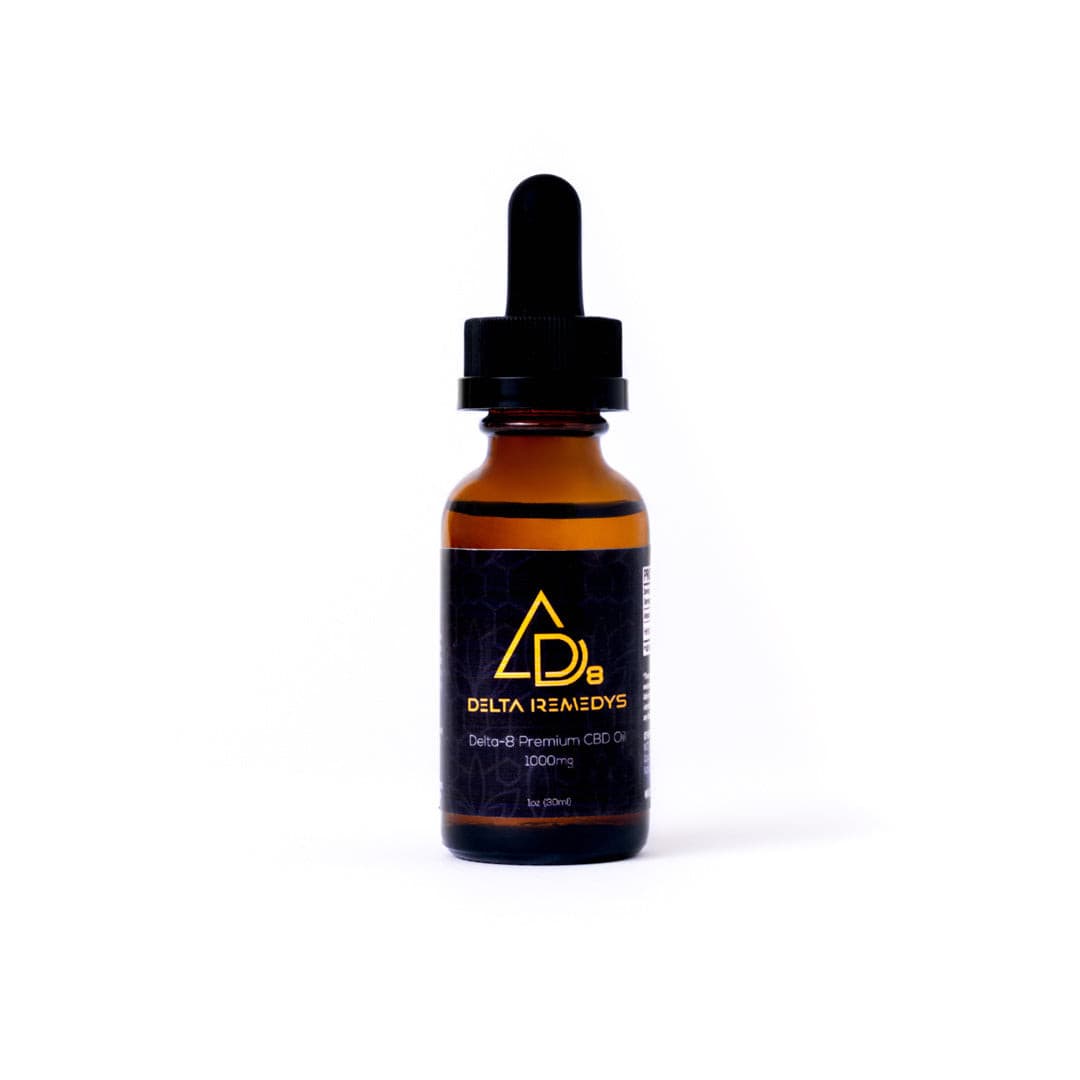HHC, also known as hexahydrocannabinol, is one of the newest cannabinoids gaining quick popularity. It is derived from hemp plants and produces psychoactive effects.
Many mysteries surround HHC, as well as delta-8 THC, delta-10 THC, and related cannabinoids. It includes their identities, legal standings on the federal level, sources, and effects. Despite its sudden popularity, HHC has been around for quite some time as a minor cannabinoid.
Yet, what precisely is this hemp-derived cannabinoid, how is it manufactured in the cannabis marketplace, what chemical process is used, does it have any bad side effects, and what physiological consequences does it have?
All this and more can be found in the following paragraphs. So, keep reading folks!
=== split content ===
Hexahydrocannabinol (HHC) – Brief Introduction
Hemp seeds and pollen contain trace amounts of the cannabinoid tetrahydrocannabinol or THC which is often used in vegetable oil. Contrary to popular belief, neither of these chemical compounds’ components is related to the origin of the HHC which is currently making headlines throughout the cannabis marketplace.
On the other hand, it is synthesized in a lab from cannabis or natural cannabinoids by the hydrogenation process.
Since it is not present in cannabis plants in their natural form like other organic cannabinoid products, HHC is classified as a semi-synthetic cannabinoid. While it is not made entirely from synthetic agents (like K2 or Spice), the HHC sold in some parts of the United States and internationally does undergo a fair amount of human processing under the category of hemp-derived products.
In spite of how lately HHC has startled the media’s attention, it is not a new finding as a semi-synthetic compound.
HHC was first synthesized in 1944 by American chemist Roger Adams, who utilized the hydrogenation method (wherein hydrogen molecules are added to delta-9-THC’s molecular structure) to create the chemical.
Since then, however, HHC has mostly been ignored by the cannabis community, until its recent introduction as a THC substitute in the cannabis products market.
Is THC present in HHC?
From THC, HHC is synthesized and takes its shape and structure. It comes from a high-potency cannabis plant but with low power. When compared to THC, HHC, as a hemp-derived chemical compound, has none of such characteristics. Hydrogenation of THC results in two molecular forms of HHC which are 9R HHC and 9S HHC.
The endocannabinoid system is responsible for the euphoric effects or intense experience of THC, and 9R HHC works by actively binding to these CB1 receptors. However, 9R HHC and Delta-9-THC are not identical hemp-derived chemical compounds in the cannabis industry.
Since 9S HHC does not produce intoxicating effects (like rapid heart rate) by binding to endocannabinoid receptors, it is not termed “active.”
HCC is generated from THC and produces effects that are comparable to THC’s as a stable compound, including moderate euphoria and stress relief from the disposable vape.
However, it does not actually contain any THC in the vast majority because it has been hydrogenated into a different chemical or hemp-derived compound in a many-step process.
Power of HHC
The physiological effects of HHC disposable vape are complex to understand like raw hemp. Although cannabinoid receptors are likely to be affected, many questions remain unanswered when it comes to a potent compound with fewer amounts in cannabis.
This includes the cannabinoid’s strength, benefits of cannabis, appropriate dosage, safety compared to other cannabis compounds in a complex plant, intense experience, harmful substances, and more.
Furthermore, the characteristics and efficacy of HHC hemp products are disputed by several sources which include some well-equipped laboratory premises.
For instance, some legal status reports state that hemp-derived HHC is about 20-30% more potent than delta-8 science or delta-10 THC amounts in cannabis, having about 70-80% of the strength of delta-9-THC.
But some people say that HHC isn’t as strong as delta-8 and that you need to take a lot of it to have the same psychoactive experience or benefits of cannabis as with regular THC.
A possible explanation for these discrepancies is that the ratio of 9R to 9S HHC varies between HHC products for the psychoactive experience; 9R HHC binds effectively to cannabinoid receptors, while 9S HHC does not during the process of hydrogenation.
As a result, consumers are more likely to see hemp-derived CBD items without any harmful substances that include 9R HHC as being more effective than those that contain 9S HHC, regardless of the actual concentration of the two compounds with psychoactive experience under a proprietary process.
The Manufacturing of HHC – Concept of Hydrogenation
Many people believe that cannabis contains HHC naturally, however, this has not been established by rigorous academic studies performed on the process of hydrogenation. Thus, at now, all HHC sweet flavor available on the market is synthetic or produced from THC in the hydrogenated form.
Laboratory hydrogenation, which involves the addition of hydrogen and often uses a metal catalyst like palladium, is the most frequent method for converting HHC to an artificial cannabinoid.
Experts making a combination of cannabinoids adds that a clean, pure cannabinoid like THC is the starting point for generating HHC in a decreasing environment. They believe that it “leads to that hydrogenation” when the right solvent is used along with a metal catalyst to speed up the reaction without any potential side effects.
Hydrogenation is best understood by breaking down the designations. We will divide it as; “delta” (as in delta-8 or delta-10), “tetra” (as in tetrahydrocannabinol), and “hexa” (as in hexahydrocannabinol).
Previous coverage indicated that the position of the double bond along the chain of carbon atoms is the key chemical distinction between delta-8 and delta-9 alternative cannabinoids. That double bond is positioned at position (or “delta”) 8, and so the “delta” in delta-8 simply refers to that.
Hexahydrocannabinol acid (HHCA) and tetrahydrocannabinol (THC) are both byproducts of making HCO, (a powerful cannabinoid) although the amount of each depends on whether the cannabis extract used at the outset was decarboxylated or not. Further refining of the oil is possible per the manufacturer’s instructions to produce artificial cannabinoids.
Note that there are two types of HHC (alternative cannabinoids) in HCO. The first one is 9R HHC (strong affinity for CB1 and CB2 receptors). The second one is 9S HHC, which misses this affinity due to its unusual chemical structure under UV light.
Retail items like candies or vape cartridges, for example, might have wildly different potencies with a combination of cannabinoids and effects depending on the ratio of 9R to 9S HHC.
Could HHC be Detected in a Drug Test?
You should know the answer to the question “will HHC show up on a drug test?” if you are required to submit to such third-party lab testing.
You should know how long weed stays in your system if you are subject to drug testing for powerful cannabinoids. Cannabis drug tests look for 11-Nor-9-carboxy-9-tetrahydrocannabinol (THC-COOH), a metabolite that indicates if a person has consumed THC.
No formal research has been undertaken in the cannabis market to assess whether or not HHC will cause a THC drug test to fail, as HCC is a new artificial cannabinoid that needs appropriate research in the cannabis market.
HHC is a new cannabinoid, and it is recommended that those who are subject to drug testing abstain from its usage since it does not make an appearance on drug tests and does not induce the body to create THC-COOH without any harmful effects.
=== split content ===
Is HHC Legal?
There seems to be some ambiguity when we talk about the legal status of HHC, or HHC gummies. The 2018 Farm Bill legalizes commercial usage of cannabis derivatives containing 0.3% THC or less. Hemp is the accepted judicial word for this plant material as a legal alternative by many federal authorities due to less potential side effects.
Hemp cannabinoid compounds have the potential to produce Delta-8 THC and HHC, among other products with no harmful effects. The need for laboratory modifications, however, has led some experts to argue that they are therefore illegal due to abundant cannabinoids with psychedelic effects.
Hemp naturally-occurring cannabinoid productions containing psychoactive cannabinoids like Delta-8 THC have been seized by federal officials on occasion due to intense euphoric effects and psychedelic effects.
Can You Get High From HHC?
Many people find that HHC, like THC but with slight differences, provides a pleasant experience without being a potent cannabinoid without any potential side effects. It does offer THC-like effects with trace concentrations like delta-8 science products. However, putting one’s finger on exactly what that emotion is might be challenging due to the intensity of effects and some other adverse effects with notable differences.
There is insufficient evidence to confirm claims that these drugs have the same noticeable effects as more common forms of THC, but some users have said they feel quite similar potential benefits to those of conventional cannabis-derived THC.
Further, there is insufficient evidence to determine whether the active molecules of HHC use cause adverse side effects or even more serious bad side effects, long-term consequences that may fall in the category of bad pharmacological effects caused by the high-potency cannabis plant.
Final Words
The availability of HHC in a variety of cannabinoid-based products has led to a significant shift away from THC-containing products with potent effects. Only a handful of companies are selling these in delicious flavors.
However, due to the novelty of HHC from Cannabis Sativa company officials, there is currently insufficient data on its efficacy and safety due to less cannabis users. These points may receive attention in subsequent cannabis regulations research on a molecular level.
The 2018 Farm Bill Act likely allows HHC with less than 3% THC which is a low-THC cannabis plant product. Since this chemical has not been subjected to a thorough legal evaluation like delta-8 THC products, however, there is still some room for doubt.
No doubt, in the not-too-distant future, other chemicals like HHC will be easily accessible in the form of vape carts and tinctures to enjoy the full effects of cannabis.
We hope your questions on HHC sweet flavors have been answered here, regarding the HHC chemical process in a chemical reactor, potential benefits, medicinal benefits, and legal status.
To sum up, HHC is a synthetic cannabinoid created by hydrogenating THC. The reduced potency of HHC relative to delta-8-THC and conventional delta-9-THC means that it will likely not show up on a drug test, but people who are susceptible to drug testing must still resist using it to avoid any bad experience.

